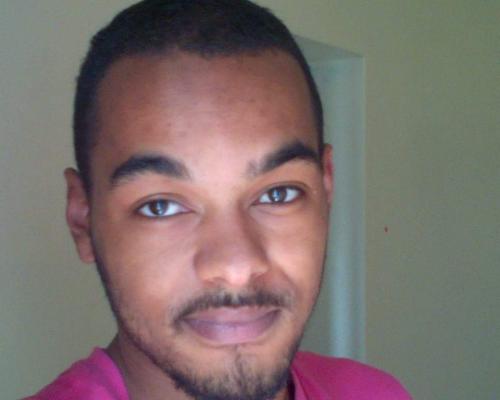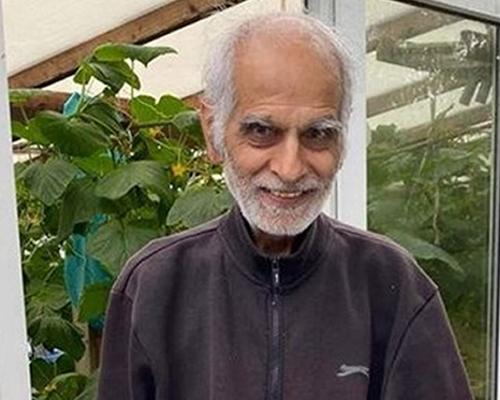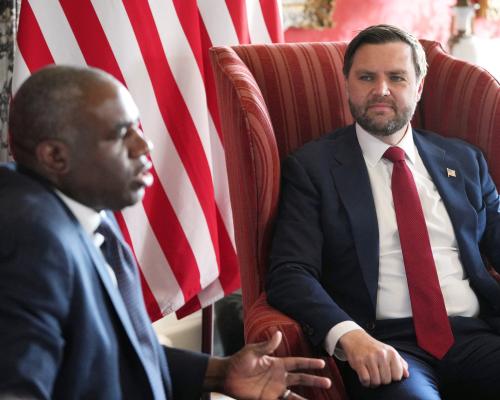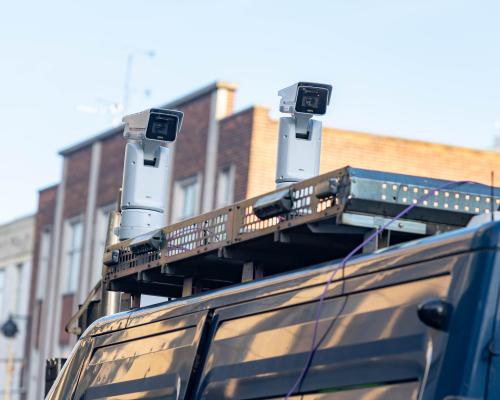
Fresh doubts have been cast over a 2009 gang murder conviction after the mother of the prosecution’s star witness said he was threatened with being charged with the crime himself if he did not give police a name.
Kai Shannon, 33, is 13 years into a life prison sentence for the fatal stabbing of 18-year-old Wahab Zaaki on the Attlee Terrace estate in Walthamstow, east London, on 13 March 2009. He has always insisted he is innocent.
Shannon was 17 at the time and he and Zaaki were junior members of a local gang known as the DM crew. No DNA linked Shannon to the crime, no motive was ever established and the clothes he was wearing that night had no blood or other forensic evidence found on them.
The Criminal Cases Review Commission (CCRC) launched a review of the case in January. The decision came after the Guardian revealed analysis of a call between Shannon and another gang member, Rhys Williams.
In the recording of the call, made from prison, Williams can be heard telling Shannon he was “the sacrifice” and agreeing that he knew he did not kill Zaaki.
Williams was key to securing Shannon’s conviction and he was the only witness who told the court he saw Shannon stab Zaaki.
In a new development, Williams’ mother, Petra Williams, told the Guardian that the police put pressure on her son. “They were going to charge him for murder if he didn’t tell them who it was,” she said.
In the aftermath of the attack, Williams was the prime suspect. His hand and wrist were injured that night but he left the scene before an ambulance arrived. He was arrested the next day and taken by police to hospital where he claimed he had been injured in a fight outside a club.
Williams would not give an account of the night to police but clothes stained with his blood were found in his flat when it was searched. Poor-quality finger marks and DNA were recovered from the handle of a knife with Zaaki’s blood on it found at the scene. While the evidence were too low quality to establish a positive identity, there was sufficient detail to exclude Williams.
After two years of concerted pressure from the police to speak to them – and being assured that they would help him find housing if he became a witness – Williams decided to give a statement.
He claimed he and Zaaki had been smoking marijuana in a stairwell when Shannon and another man, Abubakar Alawi, who was later convicted of manslaughter, rushed up to Zaaki and started to attack him.
Williams said it was Shannon who stabbed Zaaki and that he had been injured when he jumped between them trying to protect his friend.
Petra Williams said: “They were going to charge him for murder if he didn’t tell them who it was … They were giving him a hard time.”
When asked if her son had been convinced it was Shannon, she said “I think so” and then added: “I don’t really know because Rhys doesn’t really talk much.”
Williams, 34, has been working as a hip-hop artist under the alias Bisk and rapping about life in London. He was released from prison last month after pleading guilty to common assault. He was given an 18-week sentence, which he had already served awaiting trial.
He did not respond to the Guardian’s questions about his testimony against Shannon.
Shannon admits he was among a group of about 20 young men who were in the stairwell that night. But he has said he had gone to collect drugs from around the corner at the time that the stabbing took place.
The Guardian has also spoken to a witness who was in the stairwell above where the stabbing took place that night and was interviewed by police but never called to give evidence at the trial.
The witness, who did not want to be named, said he had only seen Shannon earlier that evening and that he did not see him among those running away from the scene of the attack when he looked after hearing commotion below.
The witness also said he bumped into Williams a couple of years after the trial and that Williams said Shannon “took the rap for everyone”. He said that when he then asked what Williams meant, Williams said “basically everyone put the blame on Kai”.
The witness said he could not envisage Shannon killing someone and that he did not think the right man was in prison.
According to emails, Shannon’s defence team decided with less than a month to go before the trial not to call seven witnesses who were there that night on the principle of “don’t call them unless we absolutely need them”.
Max Harris, who was Shannon’s solicitor at the time and now runs a microbrewery in Wales, said the case was one that had stayed with him as a potential miscarriage of justice. “This one for me has always had a question mark over it,” he said, “It’s always troubled me.”
He said he was most concerned by the way police had initially misled Shannon into believing his DNA was on the knife. In fact, all they had was tiny fragments that could not eliminate Shannon but did not identify anyone.
Shannon is pinning his hope on the case being sent back to the court of appeal by the CCRC. Shannon applied to it last year with the help of the Manchester Innocence Project and Graham Satchwell, a retired detective.
Among the issues the CCRC is considering is a covert recording of a conversation between Shannon and Williams from 2014 about how Shannon came to be convicted. In it, Williams tells Shannon: “You [were] the sacrifice.” When Shannon says he did not kill anyone, Williams answers: “I know, I know.”
When Shannon says he should not be in prison, Williams responds: “I know that … I know this.” Williams expresses regret about testifying against Shannon, saying: “It breaks my fucking heart, fam. I had to come Old Bailey and fucking do that.”
Williams also appears to suggest on the call that he acted with other gang members to blame Shannon for Zaaki’s killing, saying: “It was a group decision … A group decision was made for this to happen.”
When Shannon first applied to the CCRC with the recording, among other evidence, it took the commission more than three years to decide to reject the case. It said the meaning of the recording was not clear enough, that the conversation was elliptical and full of slang and that nowhere in it did Williams make any categorical statement that Shannon did not commit the murder.
Afterwards, Shannon’s lawyer asked if the CCRC would at least conduct fresh forensic testing of the knife and other exhibits, given advancements in forensic science. The CCRC refused.
Shannon said in a letter to the Guardian: “I feel that in 2015 the CCRC had more than enough evidence that pointed towards my innocence but for whatever reason it was not pursued and I was told I must remain in prison.
“I can completely understand that a man died and the public and his family want to see a conviction but it must be the correct person. I was no angel in 2009 but I was and am still no murderer. I have been scapegoated by ex-associates and the authorities.”
A CCRC spokesperson said: “Mr Shannon has made two applications to the CCRC. The first application did not result in a referral. We have received a second application in relation to this case. A review into this application is ongoing. It would be inappropriate for us to discuss the case or make any further comment while the application is being reviewed.”
A Met police spokesperson said: “We are aware of the case and that it is currently being reviewed by the Criminal Cases Review Commission. We are unable to comment on any specific matters relating to the original investigation while this process is ongoing.”





